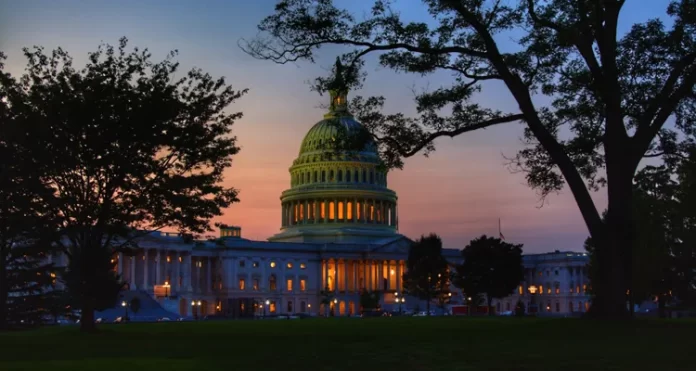
In the ongoing effort to reform ticketing practices, U.S. Senators Richard Blumenthal (D-CT), Mazie Hirono (D-MA), and Edward J. Markey (D-MA) have introduced the latest version of the BOSS and SWIFT Act today. These legislative measures, named after Bruce Springsteen and Taylor Swift, aim to safeguard consumers against misleading practices in both the primary and secondary ticket markets. The legislation calls for clear and all-inclusive ticket pricing, addressing the long-standing issue of hidden fees and inflated prices that have burdened concertgoers for an extended period.
Senator Blumenthal remarked that the initiative represented a significant stride in ending the prevalence of concealed fees and exorbitant costs that had troubled concert attendees for too long. He noted that ticket purchasers had often had to contend with excessive additional charges or had fallen victim to scalpers and secondary sellers. He also mentioned that these standards would bring equity and transparency to benefit fans, artists, and the venues that drive this industry.
Senator Markey noted, “Concert-goers are all too familiar with the narrative — ticket prices have continuously soared due to the actions of profit-driven corporations“. He went on to say, “The BOSS and SWIFT Act will ensure that music enthusiasts, including Swifties, can access tickets at reasonable prices while holding corporations accountable for their financial practices“.
“I commend Senator Blumenthal for ensuring that Ticketmaster and the rest of the ticket industry no longer prevent fans from attending concerts by their favorite artists.”
-Senator Edward J. Markey
What is the BOSS and SWIFT Act?
The BOSS and SWIFT Act, which is an acronym for The Better Oversight of Stub Sales and Strengthening Well-Informed and Fair Transactions for Audiences of Concert Ticketing, proposes several key provisions. It would mandate that ticket sellers upfront disclose the complete ticket cost, encompassing all service fees, convenience charges, delivery and logistics fees, as well as any other expenses imposed on consumers. Additionally, it would require sellers to communicate their refund policies transparently.
Furthermore, the Act would prohibit sellers from altering the total ticket cost during the purchasing process without notifying the buyer, and it ensures that primary sellers provide clear information regarding marketing and distribution. This involves disclosing the total quantity and cost of tickets that will be available at least seven days prior to their official sale date, thereby addressing the issue of “speculative” ticketing. The legislation would also grant enforcement authority to the Federal Trade Commission (FTC) and state attorneys general, allowing consumers to pursue private legal action for damages resulting from violations of these standards.


